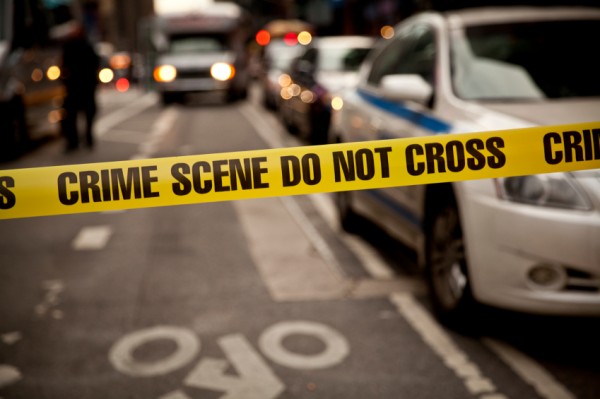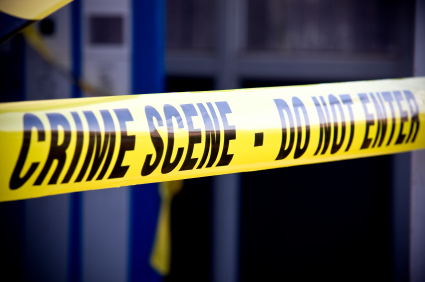
While I fully understand there are bad cops — and there are good cops who make bad mistakes — the Left’s recent wave of anti-cop sentiment is not only disgusting, it’s dehumanizing. Essentially, the Left places an inhuman burden of patience and tolerance for risk on police officers, then jumps on the inevitable failure to achieve an impossible standard as proof of police corruption and violence.
They do the same thing to soldiers in combat conditions, imposing on them restrictions that defy reason and human nature, then decry alleged “abuses” as creating moral equivalence between Americans and their enemies.
Here’s the reality: Prolonged exposure to violence and the threat of violence creates a natural increased tendency towards aggression, and this response is not only logical, it’s necessary for self-preservation and necessary to do the job. Unless you’ve encountered a consistent threat of mortal violence, it’s hard to describe how a person changes. I’ll relate an example from my own life. In 2008, I was on a “presence patrol” in an Iraqi village that had long been considered relatively safe. We’d rooted out al-Qaeda weeks before, local markets were open, and the atmosphere was somewhat relaxed. While I was obviously alert and scanning the neighborhood for threats, I wasn’t nearly as tense as I’d been on different missions on uncleared roads (in other words, where IEDs were expected), deep into territory al-Qaeda was deemed to control.
The village seemed so safe that a number of guys started kicking a soccer ball around with a growing crowd of kids (we were often followed by packs of young boys). Then, a rock about the size of a softball flew by my head — missing my face by a few inches. If I was walking down the street in my hometown, and a rock came flying past my face, my first response would likely be confusion. I wouldn’t react aggressively, but instead with surprise — assuming a kid was playing somewhere, and accidentally hoisted a rock near an adult. In Iraq? I immediately wheeled around with my M4 up and scanning for threats, and I was not the only one. About a half-dozen other Sabre Squadron soldiers also had their weapons up. The kids scattered, and the situation grew very dangerous, very fast.
It turned out there was no true threat, an older kid had decided to throw a few rocks and run, but there was an immediate potential for a horrible, violent confrontation — one that could have resulted in killing a child. If the rock had been a prelude to a “baited ambush” (where terrorists try to draw our troops into a designated kill zone), then the immediate reaction of weapons up could have saved lives. If the rock was just a petulant, childish prank (as proved to be the case), the weapons up meant a dramatically increased chance that even a good-faith mistake would have dreadful consequences.
While a patrol in Iraq is obviously statistically more dangerous than walking a beat in an American inner city, I’d submit that the prolonged psychological impact of exposure to actual and potential violence is similar. There is an immediate self-protective response that gets hard-wired into an individual, an aggressive response, that can be tempered with training and experience but cannot ever be removed, nor would we want it to be. That aggressive response more often than not saves lives, including not just cops’ lives but the lives of civilians who call for their help.









